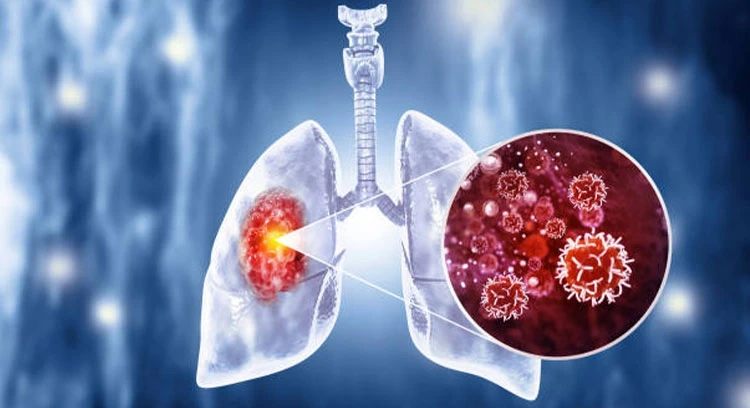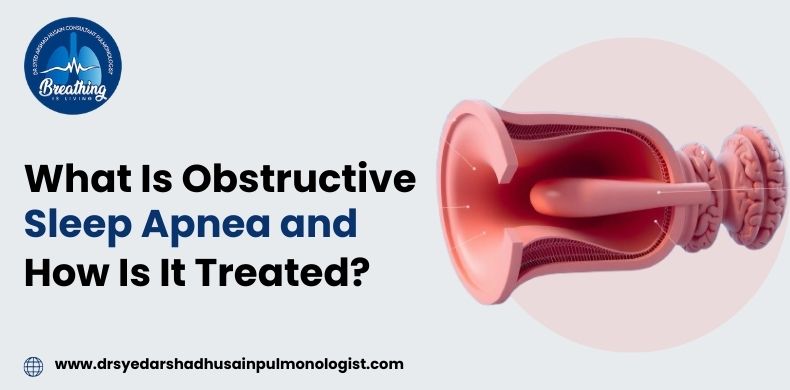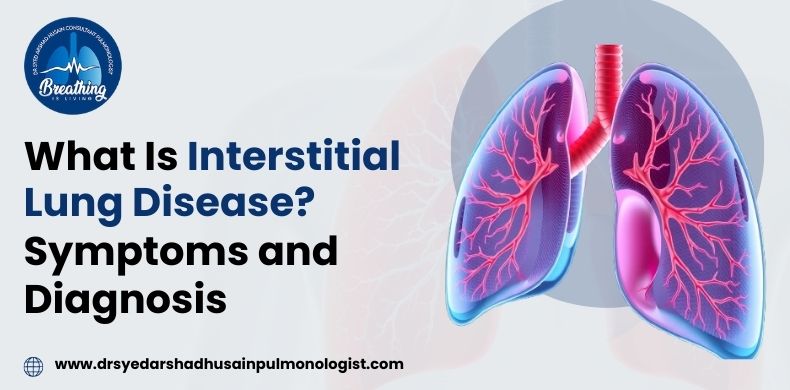
Cancer is an uncontrolled growth of cells, and when it originates in the lungs, it’s termed lung cancer. Starting in the lungs, it can spread to other body parts, like lymph nodes or the brain. There are two primary types: small cell and non-small cell (including adenocarcinoma and squamous cell carcinoma). These types grow and are treated differently, with non-small cell lung cancer being more prevalent. Early detection and tailored treatments are critical in combating this disease.
Numerous symptoms may indicate the presence of lung cancer; nevertheless, the most prevalent ones include:
Smoking takes the lead as the primary culprit behind lung cancer. Several variables can cause its growth, as with other cancers. Important risks include:
Risk does not imply causality. Sometimes, people with all the risk factors never get lung cancer, whereas others without risk factors do. That’s why it is important to consult with an expert for the best lung cancer treatment in UAE.
Small cell lung cancer (SCLC)
Comprising 15 to 20 percent of diagnosed lung cancers in the UK, SCLC originates in the neuroendocrine cells of the lung, with a tendency to spread early, often associated with smoking.
Non-Small Cell Lung Cancer (NSCLC)
Constituting 80 to 85 percent of UK lung cancers, NSCLC encompasses three main types:
Other Types of Lung Cancer Include:
Related Blog: Impact of vaping on lung health
A metastatic lung cancer has spread away from the lung. Tumor cells can spread through the blood or lymph system. This advanced lung cancer is usually incurable. But, the best lung cancer treatment can provide help in the prevention of symptoms.
The nature of metastatic cancer means that it may cause fluid that contains cancer cells to collect around the lung. It’s known as pleural effusion or fluid on the lung.
Lung cancer can spread to other parts of the lungs
The primary test used to diagnose is a chest X-ray, where most lung tumors appear as a white-gray-looking mass. Despite this, chest X-rays can’t give a definitive diagnosis. This is due to the fact that the mass may also represent other conditions, such as a lung abscess. Further tests can be arranged to investigate if you have lung cancer.
Other methods of lung cancer diagnosis are:
There are various types of biopsies to diagnose lung cancer. These are:
Once tests have been completed, doctors should be able to determine what stage your cancer is.
Related Blog: Lung Cancer Screening
We have the best lung cancer treatment in Dubai; some involve surgery, and some don’t.
Using surgical, chemotherapeutic, and radiotherapeutic therapies together has benefits. Quite often, the best lung cancer treatment in UAE will involve chemotherapy and radiotherapy but avoid surgery.
Early diagnosis is important for a better prognosis when the cancer is only a few centimeters big. In these cases, the tumor can be removed, and survival and prognosis significantly improve.
Successful remission for lung cancer depends on how early it’s found and treated, alongside any other health issues you may be dealing with. Even after remission (no signs of cancer) of years or decades, lung cancer can come back.
Avoiding smoking and secondhand smoke is the best risk reduction strategy. Longevity is a greater risk factor than daily cigarette consumption. Quitting smoking at any age reduces lung cancer risk more than merely cutting back.
Pulmonologists, oncologists, and thoracic surgeons all treat lung cancer in various ways. Learn more about the specialists that can provide the best lung cancer treatment in the UAE depending on your needs.

Sleep plays a key role in helping the body recover, think, and stay healthy. Yet restful sleep often feels out...
by ADMIN | September 1, 2025
Read More >
Breathing should come and feel easy. But people with interstitial lung disease (ILD) often have to fight for every breath...
by ADMIN | September 1, 2025
Read More >
Prof. Dr. Syed Arshad Husain is a senior Consultant Pulmonologist with over 35 years of experience in the field of respiratory and internal medicine, both in the National Health Services (NHS) UK and the Kings Hospital, in the UAE.